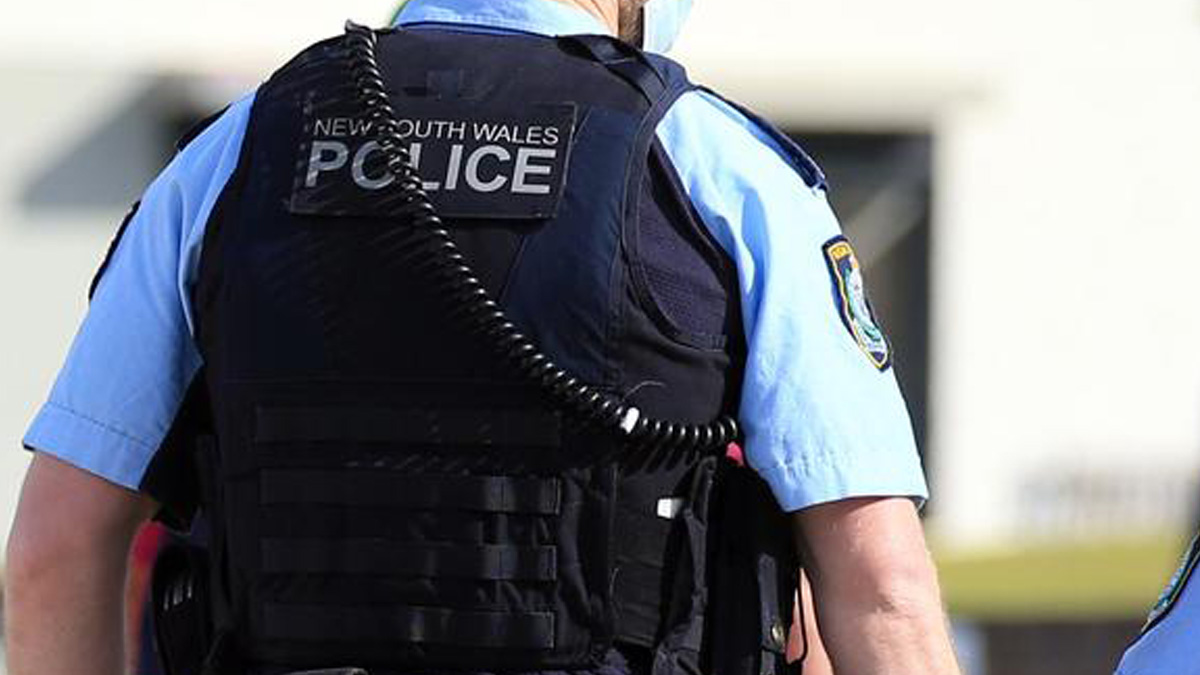Optus faces scrutiny after second Triple Zero outage in two weeks sparks concern over telecom resilience
Optus is under renewed scrutiny after its second emergency call outage in less than two weeks, prompting questions about the reliability of Australia’s telecommunications infrastructure. The incidents have triggered government meetings and investigations involving Optus’s parent company, Singtel.

- A second outage on 28 September disrupted nine emergency calls and affected 4,500 users in New South Wales.
- The incident follows a nationwide outage on 18 September linked to three deaths.
- Australian authorities have summoned Optus and Singtel leadership to account for repeated failures.
Optus, a telecommunications provider wholly owned by Singapore-based Singtel, is facing mounting pressure after its second emergency call outage in less than two weeks, fuelling concerns about the reliability of Australia’s communications systems.
The latest disruption occurred on 28 September, when a fault at a mobile tower in Dapto, roughly 95 kilometres south of Sydney, prevented at least nine calls to emergency services (Triple Zero) from connecting. The outage lasted more than nine hours, affecting around 4,500 customers.
Optus said on 29 September that calls made between 3am and 12.20pm were affected. It confirmed that all callers who had tried to reach emergency services were safe and issued a formal apology.
Among the disrupted calls was a request for an ambulance that had to be repeated from another phone. One caller reportedly had no alternative device, and two failed calls were later identified as misdials.
Recent outages intensify scrutiny
This latest failure follows a more severe incident on 18 September, when a firewall configuration error caused a nationwide outage affecting emergency calls in South Australia, Western Australia, New South Wales, and the Northern Territory.
That outage, which lasted over 10 hours, has been linked to three deaths and sparked multiple investigations by Optus and the Australian Communications and Media Authority (ACMA).
Finance Minister Katy Gallagher described the repeat disruption as “disappointing”, telling ABC News that Optus “has questions to answer about what happened in the last fortnight and their response to it.”
High-level government meetings and accountability
Communications Minister Anika Wells is expected to meet this week with senior executives from both Optus and Singtel in Sydney. Attendees will include Singtel Group Chief Executive Yuen Kuan Moon, Optus Chief Executive Stephen Rue, and Optus Chair John Arthur.
Yuen, who apologised last week for the earlier outage, reiterated Singtel’s commitment to accountability. “We are deeply sorry to learn about the network incident at our Optus subsidiary that has impacted triple zero calls… We are working with the Optus board and management to ensure a thorough investigation of this incident to prevent any future recurrence,” he said.
Broader system reliability under question
The Dapto outage adds to a growing list of setbacks for Optus. The company was fined A$66 million earlier in 2025 for selling unnecessary products to vulnerable customers between 2019 and 2023, and another A$12 million in 2024 for a network failure that blocked over 2,000 emergency calls in 2023.
The 18 September outage drew strong criticism from the public and lawmakers, renewing calls for regulatory reform. Optus has since launched an independent review into why emergency calls were not successfully rerouted during the disruptions.
Political and public response
Shadow Communications Minister Melissa McIntosh urged a broader inquiry, stating: “People across Australia need to have confidence in our Triple Zero network. It’s not just about Optus. If NBN is also experiencing outages, it needs to be into the whole telecommunications network.”
Her comments followed another disruption on 27 September that affected the National Broadband Network (NBN) in south-eastern Western Australia. The hardware failure affected about 700 landline services — including emergency access — across the Goldfields-Esperance region for almost 11 hours.
Long-term investment and lingering vulnerabilities
Singtel has invested more than A$9.3 billion in Optus over the past five years, much of it aimed at modernising and strengthening network infrastructure. However, the repeated outages have raised questions about systemic weaknesses in emergency routing and redundancy measures.
Telecommunications analysts have warned that Australia’s fragmented infrastructure, combined with increasing digital complexity, could pose long-term challenges to national emergency response systems unless stronger oversight is introduced.
Government officials have indicated that the outcomes of ongoing reviews — including potential penalties or regulatory reforms — could shape Australia’s approach to telecom resilience and accountability for years to come.







